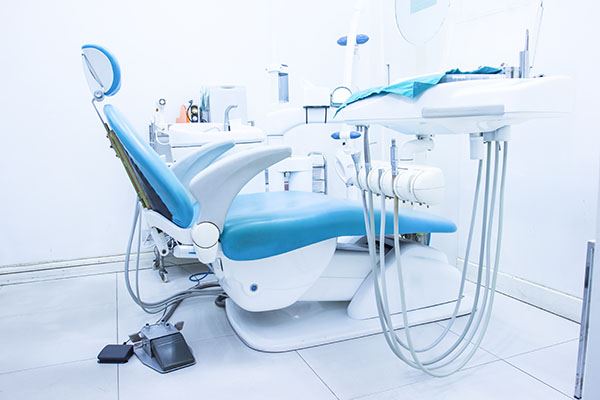 Comprehensive dentistry is generally defined as the collection of treatments and procedures necessary to maintain a patient’s dental health or improve it. General dental health involves not only the teeth but the gums and bone as well. There are numerous challenges to maintaining or restoring dental health. However, dental health is an important key to your overall well-being.
Comprehensive dentistry is generally defined as the collection of treatments and procedures necessary to maintain a patient’s dental health or improve it. General dental health involves not only the teeth but the gums and bone as well. There are numerous challenges to maintaining or restoring dental health. However, dental health is an important key to your overall well-being.
Why Is Comprehensive Dentistry Necessary?
There are numerous bacteria found in the mouth that contribute to dental decay. Some medications negatively impact teeth and gums. In these cases, dental and overall health can suffer greatly.
Gum disease is another challenge to dental health. Gum disease has been linked to heart disease, making it a potentially serious condition. With modern advances, treating gum disease has become much more successful.
Stress is another factor in declining dental health. This includes improperly aligned teeth and grinding. Grinding can be especially debilitating for teeth, and many people are unaware that they are doing it. In more severe cases, issues, such as occlusion (problems with bite), not only cause intense wear to teeth but even headaches.
Common Procedures
There are numerous treatments often used in comprehensive dentistry.
Braces
Braces correct teeth alignment and problems with bite. They put constant pressure on the teeth to straighten them over time.
Bonding
Bonding is used to repair chipped, fractured, decayed, and discolored teeth. It can also reduce gaps between teeth. A white resin is applied to teeth and hardened with UV light or laser. The resin is then smoothed to look and feel like a natural tooth.
Implants and Bridges
These are two options for replacing missing teeth. Bridges are artificial teeth that are held secure by surrounding teeth. Implants are artificial tooth roots that hold false teeth in place.
Caps and Crowns
Caps and crowns fit over teeth that are damaged or broken. Usually, they take multiple dental visits to complete. Many different materials can be used. The mouth is numbed, and the tooth is filed down to accommodate the material. The cap is temporarily fitted and is later replaced with a crown.
Dentures
Dentures are artificial teeth. They can be partial or full and come in different kinds. Traditional dentures fit over the gums, while implant-supported dentures use artificial roots secured in the jawbone.
Extractions
Sometimes, a tooth that has been damaged beyond repair will need to be removed. Some treatments and procedures also require tooth removal. This process is called an extraction.
Fillings
Fillings use a resin to repair damaged teeth. Most fillings are used in the event of damage from accidents or cavities.
Gum Surgery
Gum disease is an infection that begins in the gums and jawbone. This can cause gum deterioration and tooth loss. In severe cases, surgery is necessary to reverse the disease’s negative effects. Mild gum disease, or gingivitis, can usually be reversed. The more serious form, periodontal disease, requires medical intervention.
Root Canals
Root canals are used for abscessed teeth. Infected tissue is removed and cleaned from the tooth. The space is filled and sealed. This lets patients keep the tooth and prevent it from affecting other teeth.
Conclusion
Depending on your dental needs, your dentist may recommend one of these common procedures to help you. Talk to your dentist to find out what common procedures are right for you.
Request an appointment or call Integrated Dental Care at (610) 600-9745 for an appointment in our Exton office.

